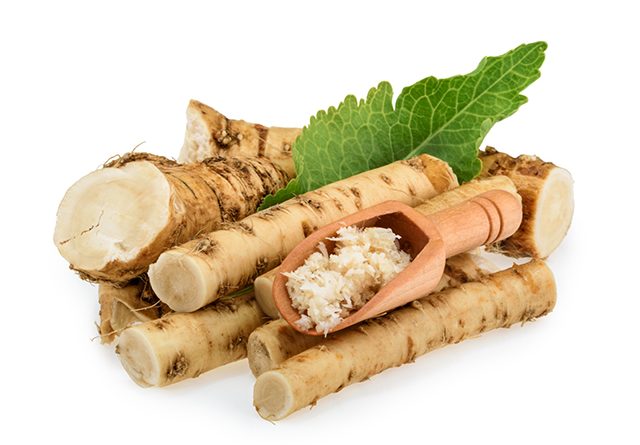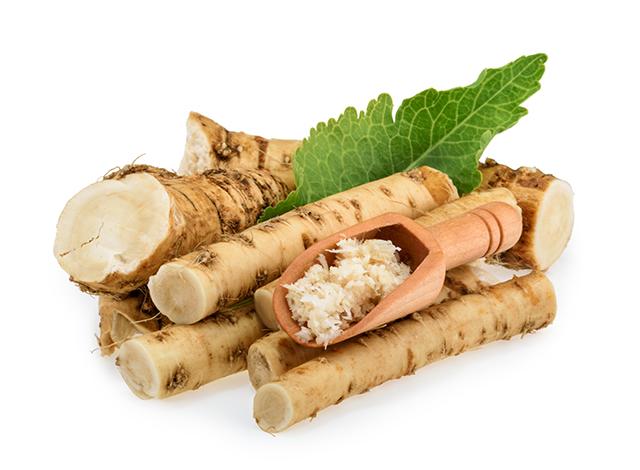
More than just a cooking ingredient, Welsh onion (Allium fistulosum) has been used as a traditional medicine for treating colds, influenza, abdominal pain, headache, and heart disease. Research has yet discovered another health benefit of this superfood. In the study, published in the journal BMC Complementary and Alternative Medicine, researchers revealed that it could also fight against the adverse effects of a high-fat diet.
Researchers at the Korea Institute of Oriental Medicine looked at the effects of ethanolic and aqueous extracts of Welsh onion on body weight and other obesity-associated parameters in mice. There were four groups of mice: a standard control group, a high-fat diet control group, and high-fat diet groups treated with an herbal weight-loss supplement called garcinia cambogia containing either aqueous Welsh onion extract or ethanolic Welsh onion extract. The treatment lasted for six weeks.
The researchers then measured the mice’s body weight and obesity-associated parameters, such as liver and fat weight, adipocyte size, serum lipid profiles, liver expression of adenosine monophosphate-activated protein kinase (AMPK), and fat expression of uncoupling protein 2 (UCP2).
AMPK is a cellular energy sensor that contributes to energy homeostasis, stimulating catabolic pathways, such as glucose transport and fatty acid β-oxidation, and inhibiting anabolic pathways such as fatty acid, cholesterol, and protein synthesis; while UCP2 is a mitochondrion inner membrane transporter that promotes fatty acid oxidation in fat and reduces body weight.
Support our mission to keep you informed: Discover the extraordinary benefits of turmeric gummy bears and organic “turmeric gold” liquid extract, both laboratory tested for heavy metals, microbiology and safety. Naturally high in potent curcuminoids. Delicious formulations. All purchases support this website (as well as your good health). See availability here.
Based on the results, researchers observed that the aqueous and ethanolic Welsh onion extracts contain naturally-occurring flavonoid compounds ferulic acid and quercetin. These are reported to suppress body weight, fat buildup, and hyperlipidemia in obese mice by boosting antioxidant activities. The Welsh onion extract treatments dramatically reduced body weight, fat, and liver weight, and fat buildup in mice fed with a high-fat diet.
In addition, they found that the Welsh onion extracts substantially improved the high-fat-diet-induced changes in serum leptin and insulin-like growth factor 1 levels, liver expression of AMPK, and adipose tissue expression of UCP2. The Welsh onion extracts also increased high-density lipoprotein (HDL) cholesterol and adiponectin levels, while the ethanolic Welsh onion extract solely improved the total cholesterol and low-density lipoprotein (LDL) cholesterol.
The researchers, therefore, concluded that the extracts of Welsh onion could potentially be used as functional food material or a therapeutic agent for treating obesity and the adverse effects of high-fat diets.
More on Welsh onion
Welsh onion also goes by the names Japanese bunching onion, green onion, salad onion, scallions, spring onion, and bunching onion. Native to China, this plant does not have bulbs but instead has hollow leaves and scapes. It has a milder taste compared to the regular onion and can also be cooked or eaten raw. Moreover, it provides many health benefits, which includes the following.
Lowers the risk of cancer – Welsh onion is an excellent source of sulfur, which is beneficial for overall health. It contains compounds, such as allyl sulfide and flavonoids, that prevent cancer and combat the enzymes that produce cancer cells. Thus, adding Welsh onions to your daily diet can help reduce cancer risk.
Reduces blood sugar level – The sulfur content of this plant also contributes to the regulation of blood sugar level by enhancing the body’s ability to make insulin. In turn, this helps prevent diabetes.
Aids in digestion – Because of its high fiber content, it can aid in digestion. (Related: Onion extract naturally improves blood sugar and cholesterol levels.)
Supports vision – Its carotenoid content helps keep the vision healthy. It is also packed with vitamin A which helps prevent loss of eyesight.
Fights against cold and flu – Welsh onions contain antibacterial and antiviral properties, which makes them a great medicine for fighting against viruses and flu. These also help in decreasing excess mucus and preventing winter cold.


